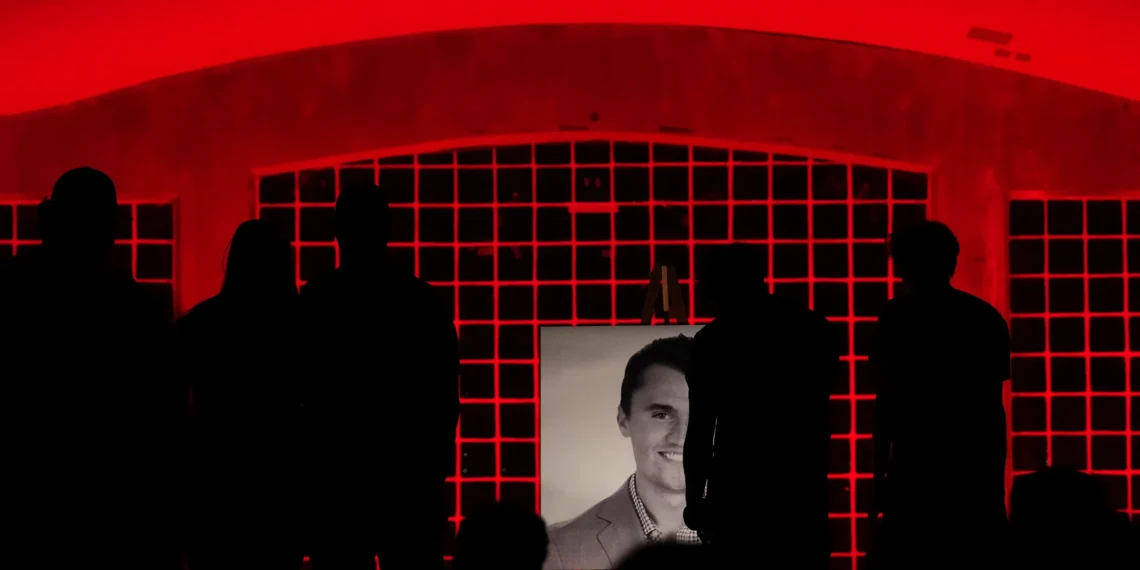The digital world was once celebrated as a space for free expression, debate, and community. Yet today, it has become a breeding ground for extremism, radicalization, and senseless acts of violence. The recent assassination of right-wing activist Charlie Kirk, allegedly carried out by Tyler Robinson, is the latest tragedy to emerge from the toxic intersection of online subcultures, political extremism, and viral content economics.
The Internet as a Radicalization Machine
Robinson, a young man from Utah, left behind an unsettling trail of online messages and cultural references—many of them borrowed from gaming platforms, memes, and fringe communities. From coded video game jokes engraved on bullets to references to furry subculture and antifascist songs, his motives appear less ideological and more reflective of a chaotic digital soup where irony and violence blur.
The act itself was carried out not just with guns, but with the performative mindset of someone broadcasting to an online audience. It was, in many ways, a meme turned into real-world carnage.
This is not an isolated phenomenon. In recent years, mass shooters and political assassins have increasingly adopted online memes, in-jokes, and references to signal their place within digital subcultures. Violence has become its own kind of viral trope—a grotesque content format in the attention economy.
Charlie Kirk: A Different Product of the Same System
Kirk’s rise to prominence followed a more traditional path: TV appearances, conservative organizing, and political campaigning. Yet his massive influence was also fueled by digital virality. Through his podcast, TikTok clips, and soundbite-driven content, he mastered the same online ecosystems that reward controversy, outrage, and repetition.
Kirk was not simply debating political ideas; he was leveraging provocative narratives, conspiracy theories, and culture-war soundbites to generate clicks, shares, and loyal followings. The same mechanisms that radicalize individuals like Robinson also amplified Kirk’s message, albeit in a more polished and professionalized form.
The Dangerous Symbiosis
The tragic irony is that both Kirk and Robinson were creatures of the same online environment. One used it to build a political empire; the other used it to justify a heinous crime. Both cases underscore how the economics of virality—measured in clicks, shares, and engagement—are reshaping our politics and, in extreme cases, translating into real-world violence.
Every post, every meme, every soundbite contributes to a cycle in which outrage equals visibility. And in that cycle, political polarization, conspiratorial thinking, and violent impulses thrive.
What This Means for Society
The consequences are profound:
- Radicalization is harder to detect because it often looks like jokes, memes, or gaming chatter—until it erupts into tragedy.
- Political discourse is cheapened, as inflammatory content overshadows nuanced debate.
- Violence becomes contagious, turning shootings and assassinations into copycat performances.
Unless we address the way online platforms incentivize this toxic culture—rewarding engagement over responsibility—the cycle will repeat, with devastating consequences for individuals across the political spectrum.
Closing Thought
Charlie Kirk’s assassination is not just a political story or a criminal case. It is a mirror held up to our digital age, showing us how memes, irony, and the pursuit of online clout can warp both politics and people. In the world we have built, clicks can kill—and that should terrify us all.
















